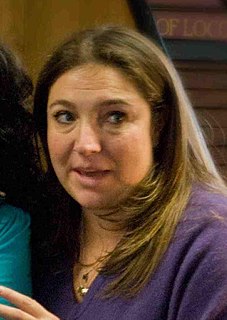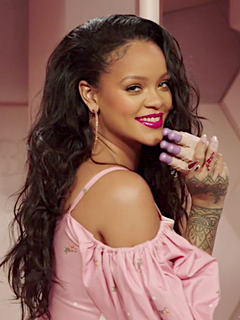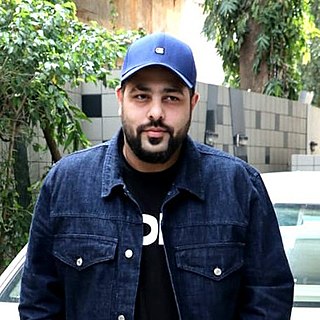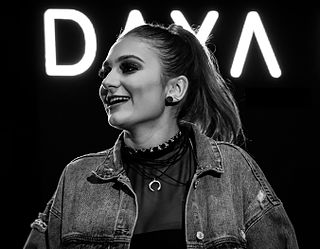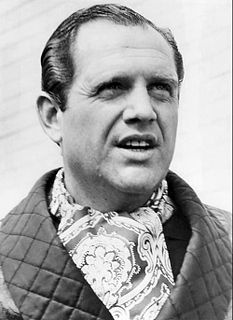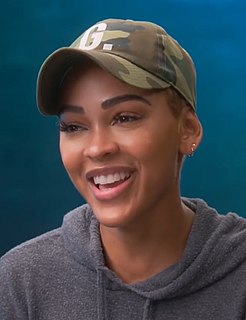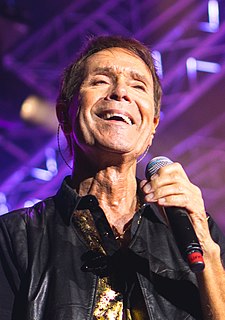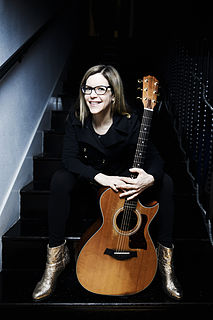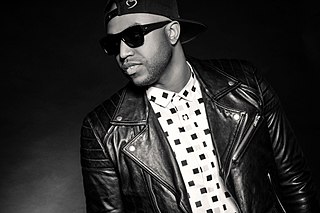A Quote by Matisyahu
My mother's sister married a man from Barbados, and my cousins were raised in Barbados. So we traveled down there, they came up every summer for camp, and I started paying attention to their music. And that was the first place I ever remember hearing reggae and liking it.
Related Quotes
Anything that feels familiar and comfortable [is home]. It's wherever I feel safe and safest. Most of the time, that's just Barbados. It's warm, it's beautiful, it's the beach, it's my family, it's the food, it's the music. Everything feels familiar, feels right and feels safe. So, Barbados is home for me.
When I first came to the U.S. - because I do accents and I've traveled the world. I have friends of almost every single ethnicity, and I would mimic them. And when I came to the U.S., I remember one day we're at "The Daily Show." And I mimicked my Chinese friend. And the guys at the show were like, oh, hey, don't ever do that again. That's really racist.
Summer camp was a place where I felt like myself that wasn't like school. There were no grades, we got to try lots of new things, and I started to play guitar at camp. It was a place for acceptance and learning to be a part of a community, but also learning to be yourself. I want that for all kids, but some kids don't have the opportunity to go to camp. I want to help.
One of the first places where I started to respond to song lyrics was in reggae music. A lot of what I was responding to were references to the Old Testament. It was not that I had to adapt the lyrics to the sound. Reggae and the Old Testament are bound up together. There wasn't anything that I had to do.
Reggae, oh man. It's the ultimate music. The positivity. The musicality. The whole cultural expressionism of it. The danceability. Just the cool factor. The melody factor. Some of it comes from a religious place. If there were a competition of who makes the best religious music, it would definitely be the Rastafarian reggae.

